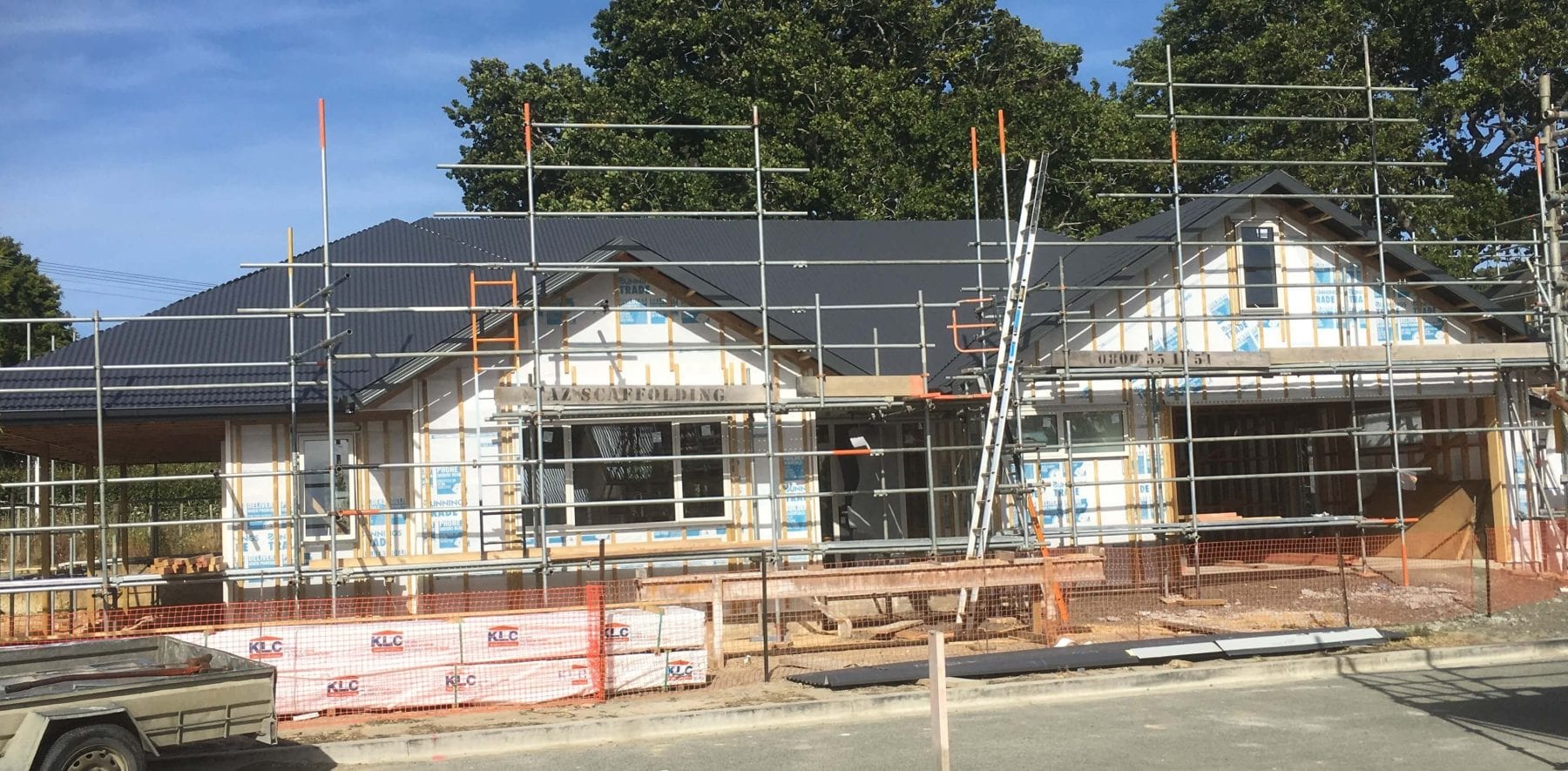As with any contract of insurance, the devil is in the detail and it’s important you read and understand the terms & conditions contained within it. Below are three things you may not be aware of that could affect your cover.
Cessation of Work
Most policies exclude cover for loss or damage caused by, or connected to, cessation of work. So if you’re building your own place in stages; have a bust up with the owner and walk of site; get injured and can’t work; or if any other delay results in you not being able to continue work on site for a period of time, the policy may not cover any damage or loss that subsequently occurs.
The interpretation of whether work has ceased, and whether the damage or loss is connected to it or caused by it (directly or indirectly), is down to your insurer. Different insurers have different wordings around cessation of work, so if it’s likely that your project will be interrupted by periods where no work is going on, speak to your insurer about how to it may affect your cover.
Existing Structures
If you have any annual contract works policy it may not include any cover for damage to existing structures. If you’re doing a new build and there is a garage, retaining wall or septic tank on site, your contract works policy would not cover loss or damage to these. The same applies to project specific contract works policies if you do not include cover for any existing structures on the site.
Make sure before you start any project that you consider what existing structures on site may need to be insured during the build.
Earthworks and foundations
All too often we hear from builders who want to arrange contract works insurance because “we’re ready to put the framing up”. They did not think they needed insurance for the earthworks or foundations because “what could happen to these?” However, significant flooding, landslip, collapse and earthquake are all hazards that could substantially damage earthworks, retaining and foundations, so should be insured for during this phase of the work.
Secondly, there is no significant saving to be had by arranging the cover later in the job, as the premium is largely based on the total value of the work, not the length of the policy.
It can also be more expensive, more difficult to arrange and can cause banks to delay releasing progress payments if cover is not arranged until after work has started. So save yourself the hassle by doing it before the work begins.
In a nutshell
Remember to consider the effect on your insurance cover if you have to cease work on site for any reason. Also consider whether there are existing structures on site before you start work that need to be insured. Finally, remember to arrange cover before you start work, there’s no benefit or saving from delaying it.




